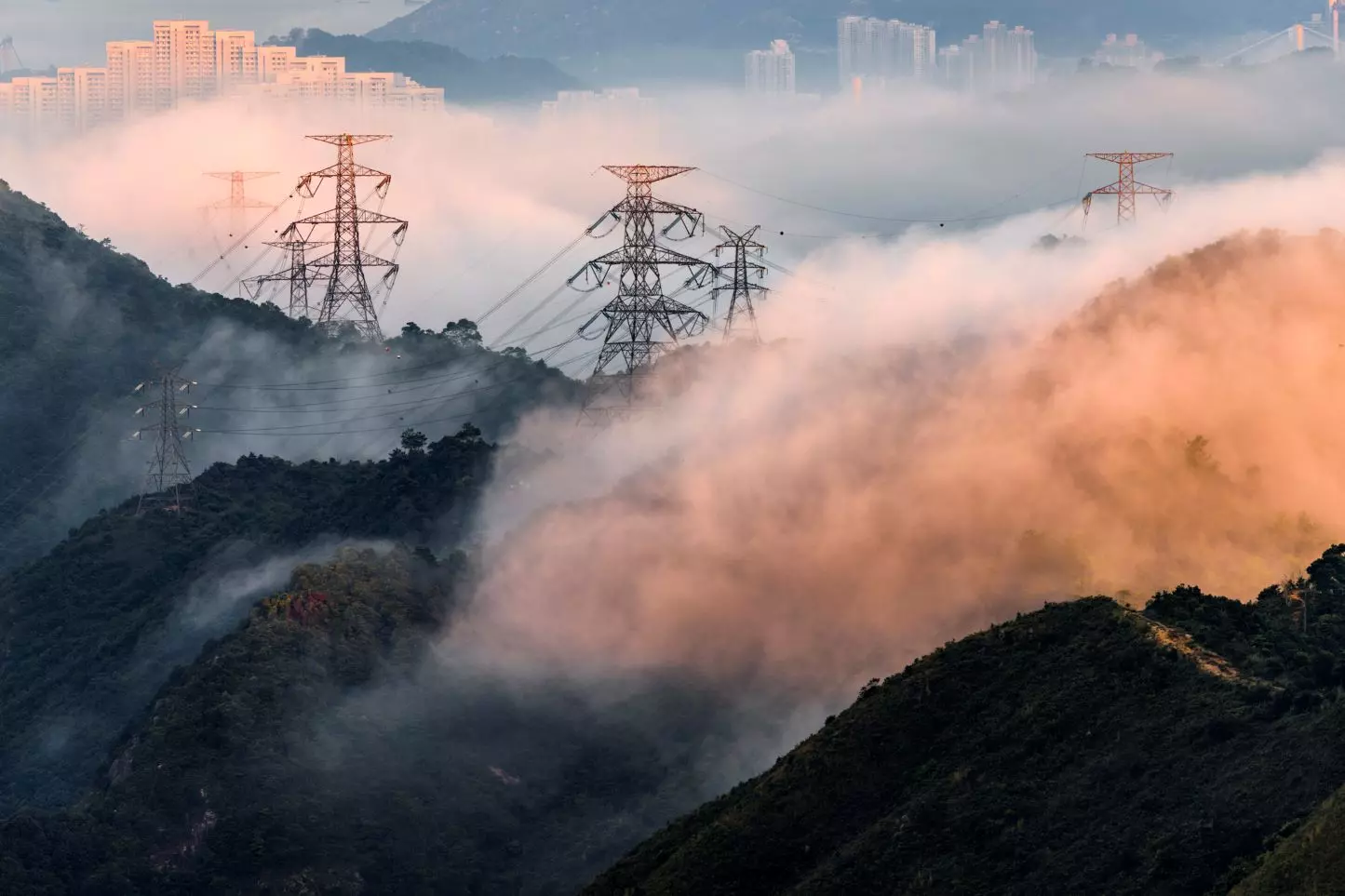The global energy transition toward decarbonization, through a multi-scalar perspective and transformation is nowadays the main subject that involves everyone, in many different ways. University Bocconi of Milan hosted the 18th IAEE European Conference and explored this world, with 300 papers from expert scientists and PhD post-doctors offering new solutions for discussion. There is a growing convergence between all energy sectors including power, transportation, infrastructure, oil and gas, renewable energy and smart cities initiatives. Energy efficiency and renewables development are at the core of Europe’s commitment to a clean transition that serves the needs of citizens, economic development and the environment.
Adnan Shihab Eldin, senior visiting research fellow at the Oxford Institute for Energy Studies (OIES) in Oxford, UK, attended the gathering as one of the most-awaited guests at the IAEE European Conference. With a remarkable career, he also served as Director General and Board Member at the Kuwait Foundation for the Advancement of Science (KFAS), and as Acting Secretary General and Director of Research at OPEC.
Adnan's influence spans international organizations such as IAEA in Vienna and UNESCO's regional office in Cairo. His expertise extends to advisory roles, with memberships on various Boards of Directors, International Advisory Councils, scientific societies and research bodies in Kuwait and globally. His knowledge and experience in energy security and sustainability have shaped global discourse at the IAEE Conference.
Mr. Shihab Eldin, could you share your thoughts on the significance of this event and your role within it?
“This conference holds particular importance as it echoes the collective commitment to addressing critical energy challenges. My previous participation in the IAEE's 44th Annual Conference in Riyadh was a remarkable experience. Now, being among esteemed officials, including my friend, Dr. Fatih Birol (Executive Director of the IEA, E.n.), at this European gathering, underlines the collaborative spirit that fuels our efforts for a sustainable future”.
You and Dr. Birol have been instrumental voices in the energy discourse. Can you elaborate on the synergy and collaboration between your perspectives?
“Dr. Birol and I have shared platforms numerous times, dialoguing on energy security and sustainability. Our perspectives, though distinct, often converge, aligning with the theme of this conference. Notably, during the era of heightened importance of energy security, we both stressed the need for holistic dialogue encompassing supply and demand facets. Our emphasis on open discussions catering to diverse viewpoints remains pivotal in addressing global energy challenges”.
The evolving climate landscape has repositioned energy security at the forefront. Could you elaborate on the interplay between energy security and climate change, considering the recent geopolitical developments?
“The prominence of climate change, coupled with events like the Ukraine conflict and the pandemic's aftermath, has reshaped our energy transition approach. These developments underline the intricate relationship between energy security and climate resilience. Decarbonization, essential as it is, must encompass equitable access to energy services - a key pillar of the Energy Trilemma. Governments, multilaterals, and industries must adapt strategies to ensure resilience in energy supply chains and trade flows”.
Achieving net-zero emissions by 2050 is a global aspiration. What are your thoughts on the current pathways and challenges associated with this goal?
“The pathway to net-zero emissions is multifaceted and rife with challenges. While scenarios like the IEA’s NZE2050 are appealing, they require meticulous evaluation. Challenges like grid stability, requirement for massive energy storage, and demand-supply dynamics must be considered. Additionally, we must recognize that nations have varying development stages, resources and ideologies. Rational approaches blending technology and policy are more likely to pave cost-effective, inclusive and less risky pathways”.
The transition to renewables is a compelling narrative. How do you view the role of alternative low-carbon sources like nuclear and carbon capture and storage (CCS) in the energy mix?
“While rapid expansion of renewables is very promising, we shouldn't sideline or overlook other low-carbon options. Nuclear power, with advancements like small modular reactors, offers a mature and competitive low-carbon energy source. Clean hydrogen, especially blue, is also a viable component. CCS, vital for successful NZE strategies, forms part of the Circular Carbon Economy Framework. Hydrocarbon-producing nations like Saudi Arabia and the UAE are actively participating in the transition, investing in renewables, nuclear, and efficiency, while ensuring adequate supplies of oil and gas contributions to meet global demand”.
Your insights on carbon dioxide removal (CDR) technologies are intriguing. Could you elaborate on their role in achieving true sustainability?
“Sustainability transcends halting pollution; it necessitates active atmospheric pollution removal. CDR technologies like CCS-based direct air capture are gaining momentum. Industrialized nations, responsible for significant historical emissions, must proactively remove a portion of accumulated CO₂. This approach extends the remaining carbon budget available before reaching the limiting rise of average global temperature of 1.5 °C, offering developing nations more time to contribute fairly to sustainability”.
So, what are your final thoughts and what’s next?
“Perspectives, grounded in years of experience and thoughtful analysis, underscore the multifaceted nature of the energy transition journey. The ongoing quest for sustainable pathways requires collective effort, open dialogue and a commitment to inclusivity. As we navigate the complexities of energy security, climate change, and a greener future, my acquired insights over the years wisdom resonates as a guiding beacon, steering the course towards a world that thrives in harmony with its resources”.
